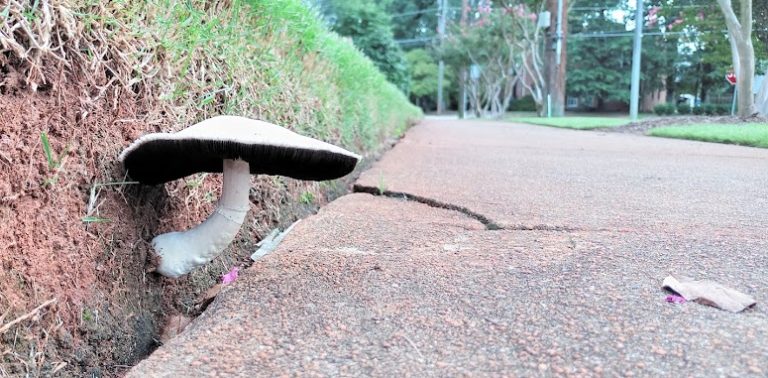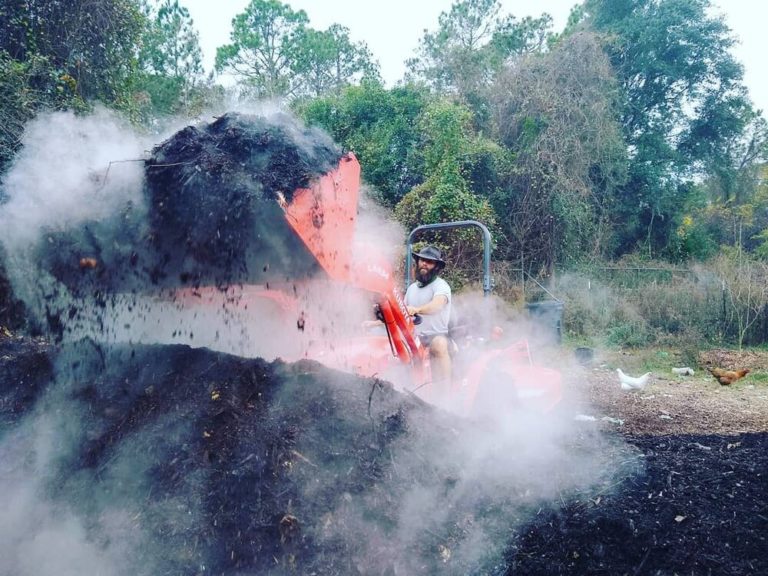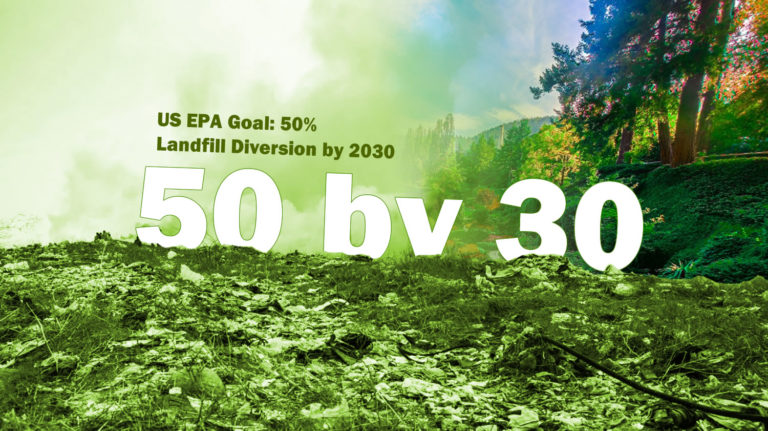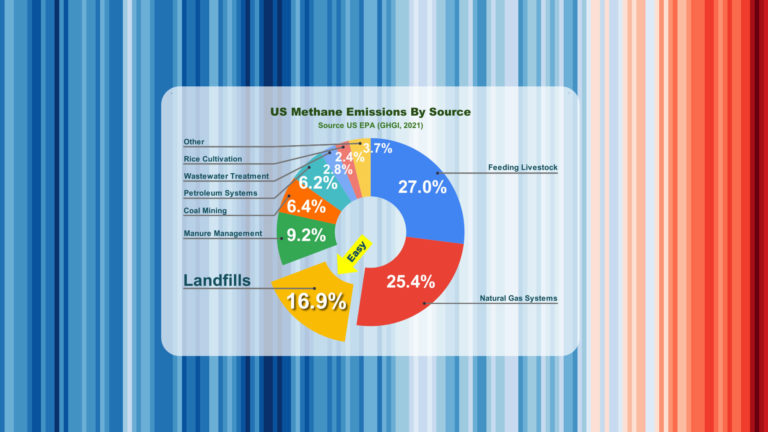The Unsustainable Truth: Methane Zeolite Catalysis
As a zero waste advocate at COOLNow, it’s our responsibility to carefully examine innovative solutions that claim to reduce greenhouse gas emissions and promote sustainability. While the recent article “New Catalysts Turn the Greenhouse Gas Methane Into Valuable Chemicals” [1] and the referenced Nature study “Understanding the effect of spatially separated Cu and acid sites in zeolite catalysts on oxidation of methane” [2] may seem promising at first glance, we have serious concerns about the claimed benefits and the overall sustainability of using zeolite catalysts for methane-to-chemicals conversion.
The process of creating zeolite catalysts requires significant energy input, which on its own may contradict the core principles of the zero waste philosophy, but this upfront energy expenditure, combined with the need to farm nitrous oxide (a more potent greenhouse gas than methane) and the high heat input of 350°C, likely renders this process incompatible with the zero waste hierarchy. [3]
Our primary concern is that capturing existing methane emissions using this catalyst might be perceived as a license to continue emitting methane under the guise of sustainability. This attitude undermines our collective efforts to reduce greenhouse gas emissions at their source. By relying on a process that demands substantial energy and resources, we are not addressing the root causes of methane emissions but instead creating an illusion of progress.
Furthermore, the production of methanol or DME through this method raises additional environmental and health concerns that are often overlooked in the pursuit of “sustainable” solutions. This approach merely shifts the problem rather than solving it.
In alignment with the zero waste hierarchy, we must prioritize prevention and reduction over treatment and conversion. Instead of investing in this technology, we should focus on preventing methane emissions at their source by adopting more sustainable practices and reducing waste generation. Additionally, we should develop alternative, energy-efficient methods for converting methane into harmless products or utilizing it as a clean energy source.
As we work towards a zero-waste society, it is crucial to critically evaluate solutions that claim to be sustainable. The use of zeolite catalysts [4] for methane-to-chemicals conversion falls short of meeting the standards we should strive for. By re-examining our approach to reducing greenhouse gas emissions, we can create a more significant impact and move closer to a truly sustainable future. It’s time to rethink our solutions and prioritize genuine sustainability over stopgap measures that may do more harm than good in the long run.
- [1] SciTechDaily article
- [2] Nature article
- [3] Zero Waste Hierarchy
- [4] What is Zeolite Catalysis? — It’s is a process where a special type of mineral called zeolite is used to speed up chemical reactions. Zeolites have a unique structure with tiny, regular-sized pores and channels, which can trap and interact with molecules of specific sizes, a sort of porous ceramic-like microscopic sponge or honeycomb. In this case there are copper ions embedded in the sponge. This makes them highly effective at guiding and facilitating chemical reactions in a controlled way. Zeolite catalysts are used in various industrial processes, such as refining oil, producing fuels, and making chemicals, because they help make these processes more efficient and selective, often requiring less energy and producing fewer unwanted byproducts compared to more traditional cracking processes.
Featured Image by John Bakator on Unsplash







